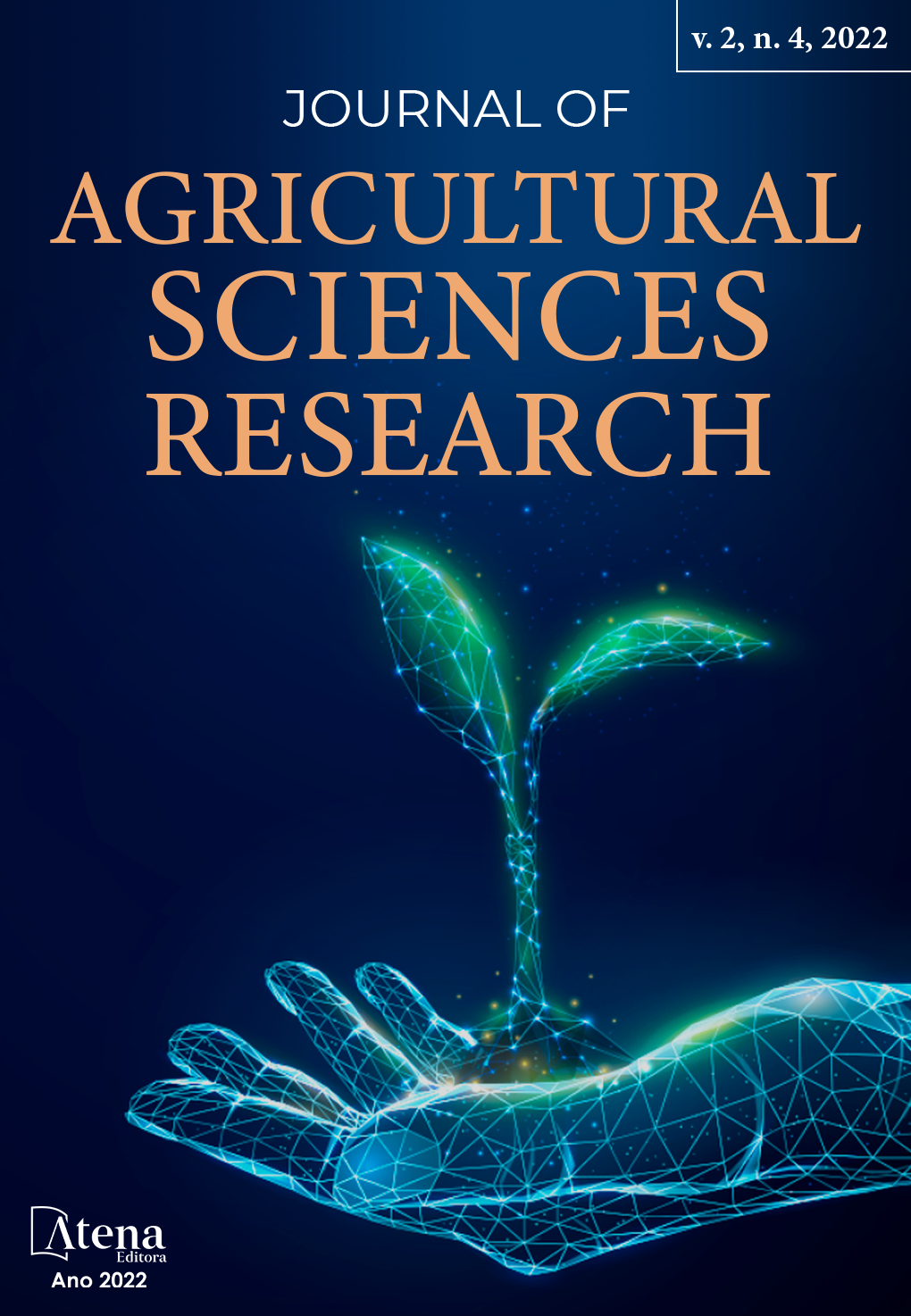
ENZYME BIOCATALIZERS AS A SUSTAINABLE ALTERNATIVE IN GREEN BIODIESEL PRODUCTION
Biodiesel has provided an ecologically correct solution, being considered a renewable, biodegradable and non-polluting fuel. It can be easily produced through the transesterification of vegetable oils and animal fats, being used industrially due to its high rates of conversion and reaction through chemical catalysts. However, conventional chemical processes for the production of biodiesel consume a high amount of water and energy, and generate undesirable by-products, such as soaps, which make it difficult to separate and purify biodiesel. Thus, the enzymatic production of biodiesel appears as a potential alternative, presenting several advantages over conventional methods, in addition to generating a product of high purity and high yields, obtained at low reaction temperatures, in addition to bringing an easy recovery of glycerol. However, the biggest obstacles for the enzymatic production of biodiesel continue to be the cost of lipases, their relatively slower reaction rate when compared to chemical catalysts, and the inhibition of enzymes, caused by acyl acceptors and by glycerol itself, a by-product of the reaction. Therefore, there is a great interest in the creation of methods that aim to develop competitive biocatalysts for industrial applications, on a large scale, through the improvement of their catalytic properties such as: activity, stability and recyclability. Thus, obtaining a greener production of biodiesel, through a more efficient, clean and sustainable process.
ENZYME BIOCATALIZERS AS A SUSTAINABLE ALTERNATIVE IN GREEN BIODIESEL PRODUCTION
-
DOI: 10.22533/at.ed.973242202055
-
Palavras-chave: Biotransformation. lipase. Sustainability. enzymatic transesterification.
-
Keywords: Biotransformation. lipase. Sustainability. enzymatic transesterification.
-
Abstract:
Biodiesel has provided an ecologically correct solution, being considered a renewable, biodegradable and non-polluting fuel. It can be easily produced through the transesterification of vegetable oils and animal fats, being used industrially due to its high rates of conversion and reaction through chemical catalysts. However, conventional chemical processes for the production of biodiesel consume a high amount of water and energy, and generate undesirable by-products, such as soaps, which make it difficult to separate and purify biodiesel. Thus, the enzymatic production of biodiesel appears as a potential alternative, presenting several advantages over conventional methods, in addition to generating a product of high purity and high yields, obtained at low reaction temperatures, in addition to bringing an easy recovery of glycerol. However, the biggest obstacles for the enzymatic production of biodiesel continue to be the cost of lipases, their relatively slower reaction rate when compared to chemical catalysts, and the inhibition of enzymes, caused by acyl acceptors and by glycerol itself, a by-product of the reaction. Therefore, there is a great interest in the creation of methods that aim to develop competitive biocatalysts for industrial applications, on a large scale, through the improvement of their catalytic properties such as: activity, stability and recyclability. Thus, obtaining a greener production of biodiesel, through a more efficient, clean and sustainable process.
-
Número de páginas: 14
- Fabriele de Souza Ferraz
- Solange Aparecida Ságio
- Lina Maria Grajales
- Mirella Pessôa Diniz


